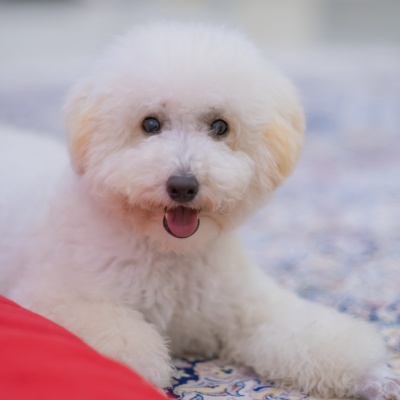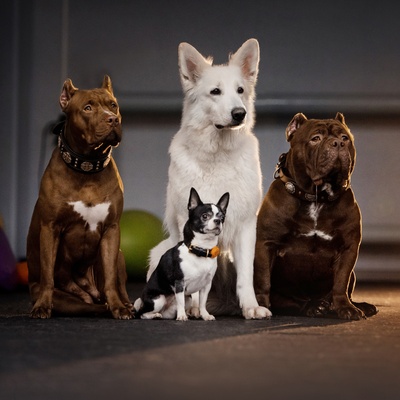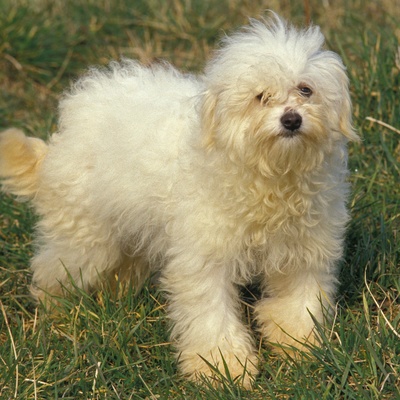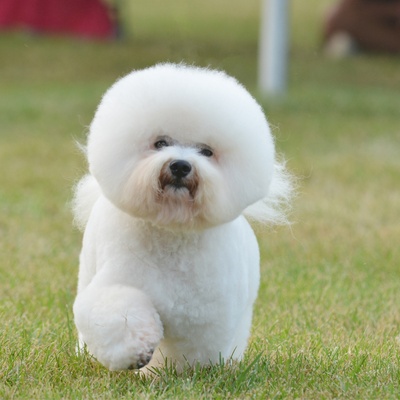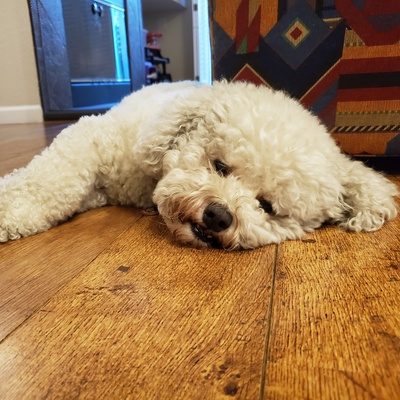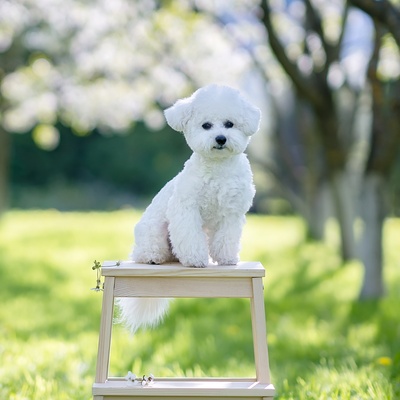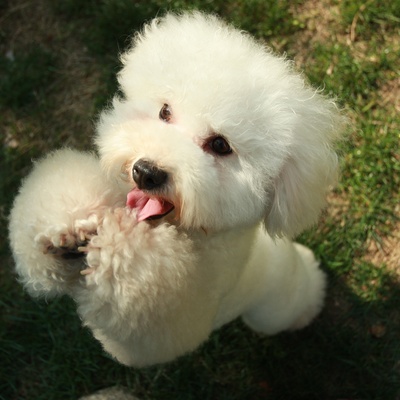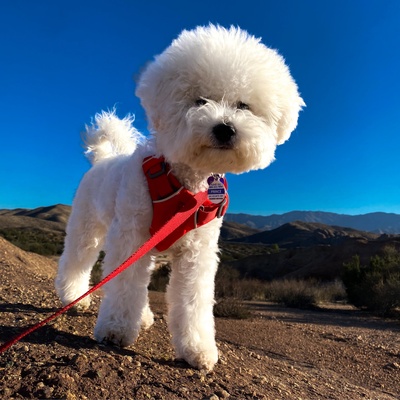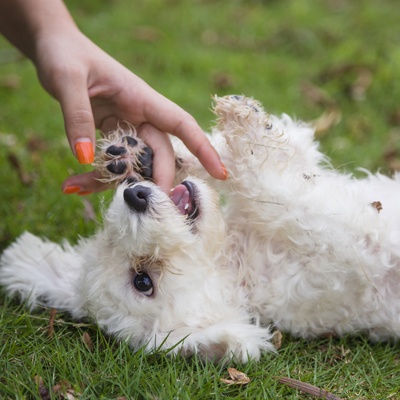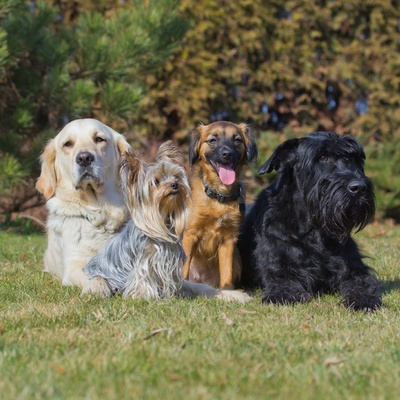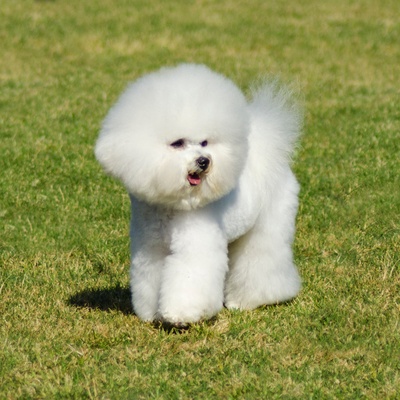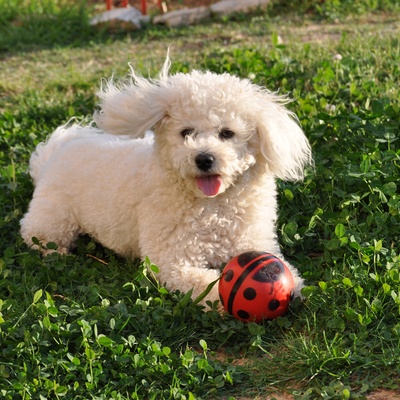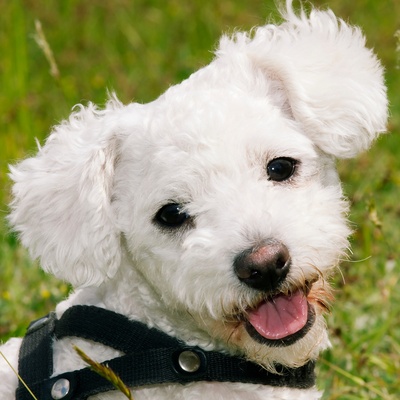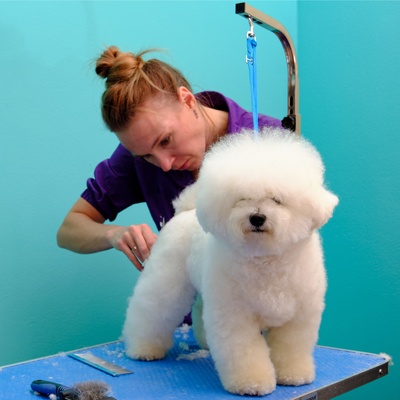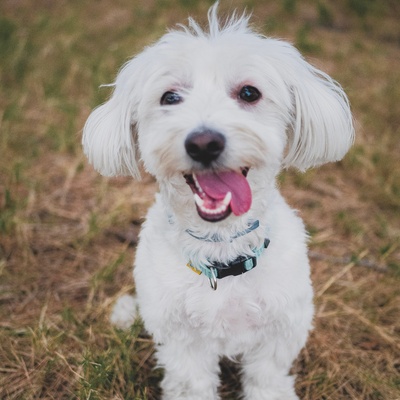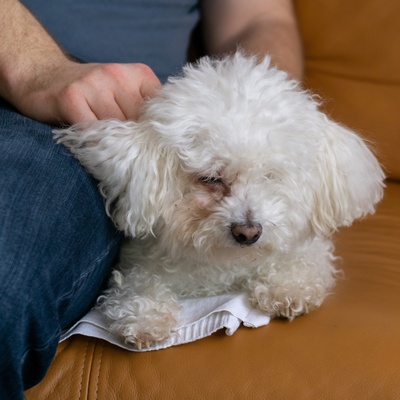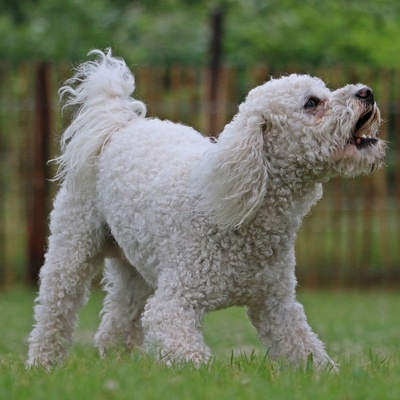Introducing the Bolognese Dog
Discover all there is to know about the Bolognese Dog: its characteristics, behavior, training, and its cost.
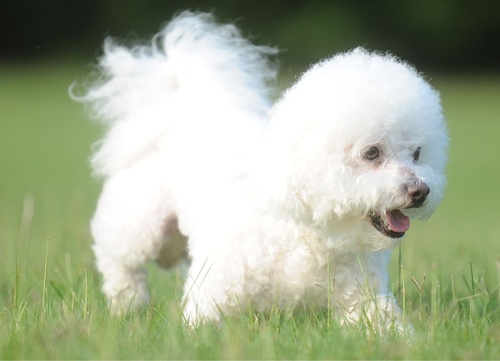
Discover all there is to know about the Bolognese Dog: its characteristics, behavior, training, and its cost.
The Bolognese dog is a charming breed with its roots in Italy, specifically the city of Bologna. Known for its elegant and gentle demeanor, this breed has become a favorite companion worldwide, loved for its versatility and adaptability.The Bolognese dog stands out for its loyalty and affectionate nature, making it a wonderful companion for families, individuals, and even the elderly.
It forms close bonds with its owners, often displaying affection through cuddling and staying close by. The Bolognese dog is known for its elegance and versatility, excelling as a companion animal. Its friendly nature makes it a great addition to any home, providing warmth, love, and joy to those around it.
This section outlines the unique features of the Bolognese dog breed.
The Bolognese dog belongs to the Companion Dogs group 9, which includes breeds designed to provide companionship and comfort.
The Bolognese dog is a small breed, typically standing between 10 and 12 inches at the withers and weighing between 5 and 9 pounds.
Bolognese dogs have a dense, curly coat that is hypoallergenic. The coat is soft to the touch, giving the dog its characteristic fluffy appearance.
The Bolognese dog's coat is typically white. However, variations exist, with some dogs showing slight brown or cream hues, particularly around the face or paws.
The Bolognese dog adapts well to various environments, from apartments to houses with yards. Their size makes them suitable for urban living, as long as they receive regular exercise.
The Bolognese dog is sociable and friendly. It bonds closely with its family and is good with children and other pets, making it an ideal companion in a multi-pet household.
The Bolognese dog is generally healthy, but it can be prone to joint issues and dental problems. Regular vet check-ups can help manage these concerns.
The Bolognese dog has an affectionate temperament, making it easier to train. Positive reinforcement, patience, and kindness are crucial in training, allowing this intelligent breed to learn quickly.
We can help!
Every dog has its own character, and so do you. Making the right choice will ensure his well-being and yours.
Take our quiz to find out which breed is right for you, based on your personality, lifestyle, location and many other criteria.
Don't wait any longer and take the quiz to find out the answer!
The Bolognese dog is a small, balanced breed with an elegant appearance. Its fluffy, white coat and round, dark eyes give it a distinct and charming look, and its button-like nose adds to its expressive face.
The Bolognese dog is a small breed, with females and males ranging between 10 and 12 inches in height. The typical weight range is between 5 and 9 pounds for both genders.
The breed grows at a moderate pace, usually reaching its full size and weight by around 12 months. This slow, steady growth ensures a balanced, healthy adult dog.
The Bolognese dog has a long, curly coat that gives it a fluffy appearance. Its fur is soft and dense, with tight curls that cover the entire body, contributing to its distinct look.
The Bolognese dog's coat is typically white, making this breed easily recognizable. This monochromatic color palette contributes to its elegant and classic appearance.
The Bolognese dog's coat requires regular maintenance due to its density and length. It tends to shed little throughout the year, making it hypoallergenic for many people.
However, its curls can mat easily, so brushing the coat several times a week is essential to prevent tangling. Additionally, the Bolognese dog benefits from occasional baths to keep its coat clean and fluffy. naturelle de sa fourrure.
The Bolognese dog is a balanced, well-proportioned breed. Its head is round and compact, featuring a button-like nose and a short muzzle. The eyes are large, round, and dark brown, giving the dog an expressive, endearing look.
The ears are set high on the head, dropping down to frame the face with a gentle curl. The Bolognese dog’s body is compact and sturdy, with a balanced build that complements its fluffy, curly coat.
The Bolognese dog is a gentle, affectionate, and loyal companion. They form close bonds with their owners and are protective, making them excellent pets for families.
There are currently over 400 registered dog breeds, divided into 10 groups. Each group encompasses breeds with shared characteristics. The Bolognese dog belongs to Group 9, which includes companion and toy dogs. This group comprises breeds such as the Pekingese, Pomeranian, and Bichon Maltese. Breeds in this group are known for their gentle nature and adaptability.
The Bolognese dog, in particular, exemplifies this group's traits with its affectionate demeanor, docile temperament, and remarkable intelligence. It thrives in family environments and serves as a loyal and loving companion. The primary role of the Bolognese dog is to provide companionship, making it an ideal pet for households looking for a gentle and affectionate dog.
The Bolognese dog is a delightful and affectionate breed. They are known for their close bonds with their owners, displaying unwavering loyalty and affection.
This breed thrives on companionship and needs an attentive owner who can provide the love and attention necessary for their development.
The Bolognese dog is sociable and generous in spirit. They enjoy interacting with people, including strangers, and generally get along well with other animals. This breed is also an excellent companion for children, thanks to its gentle nature and tolerance.
Despite their friendly disposition, early socialization is crucial for the Bolognese dog to foster positive interactions and relationships with others.
Take the test and find out the dog breed that matches your personality and lifestyle.
The Bolognese dog can adapt to various living situations, including apartments and houses, whether in urban or rural environments. The key to its happiness is the attention and love from its owner. The Bolognese dog should be taken on daily walks, each lasting around 20 to 30 minutes, to maintain its physical and mental health.
Despite its small size, the Bolognese dog is a curious and energetic breed. It's essential to provide outdoor spaces where it can explore, play, and expend energy freely. An outdoor environment helps the Bolognese dog satisfy its curiosity and stay physically active, ensuring a balanced and healthy lifestyle.
The Bolognese dog is an intelligent breed, making it relatively easy to train. This breed responds well to positive reinforcement techniques, including praise and treats. Training should be consistent and gentle, catering to the breed's sensitive nature.
Due to its curious and adventurous personality, equipping a Bolognese dog with a GPS collar is recommended to prevent loss or escape.
The Bolognese dog has good listening qualities and enjoys interaction with its owner. Early socialization is essential to ensure the dog develops sound social skills and learns to interact positively with people and other animals.
The Bolognese dog also benefits from structured training sessions, which foster obedience and reinforce positive behaviors.
The Bolognese dog is generally a healthy breed. Daily care is essential to prevent illnesses and infections, ensuring the dog's well-being. Regular grooming and check-ups are necessary to maintain its health.
The Bolognese dog is a relatively robust breed, though it may be prone to specific health issues. Common predispositions include dental problems and eye infections. Dental issues may manifest as plaque buildup or gum disease, while eye infections can lead to redness or discharge.
The Bolognese dog has a life expectancy of 12 to 14 years.
Regular veterinary care is crucial to the health of the Bolognese dog. This includes vaccinations, deworming, and parasite treatments as recommended by the vet.
Daily care involves brushing the coat to prevent matting, cleaning the ears to avoid infections, dental care to prevent tartar buildup, and regular nail trimming.
Being aware of potential allergies is also important, and consulting a vet for advice can ensure appropriate care. The Bolognese dog is not hypoallergenic.
Every dog breed has specific nutritional needs, and a balanced diet is essential for maintaining the vitality and strength of the Bolognese dog. Proteins and vitamins are particularly important in their diet to meet their nutritional requirements. Premium kibble designed for small breeds is recommended to provide a balanced dietary foundation.
To support the dog's needs further, especially if it's very active, you can supplement the diet with lean white and red meat, ensuring that fats are limited. This helps maintain a healthy weight while providing essential nutrients.
The Bolognese dog is a well-regarded breed, known for its affectionate nature and adaptability. There are several breeders for this breed, particularly in Great Britain. It's important to consider several factors before adopting.
Before adopting a Bolognese dog, consider several important factors. Choosing a reputable breeder is crucial, and visiting their premises allows you to assess the dogs' living conditions and behavior. It's essential to ensure the puppy and its parents are healthy, and to seek transparent information from the breeder about any health issues in the dog's lineage.
Lastly, mandatory electronic identification, like microchipping, is not always mandated at the federal level in the United States for cats and dogs. But microchipping is widely acknowledged as a successful way to permanently identify pets and increase the possibility of reuniting lost pets with their owners, even in the absence of universal regulations. As a pet owner, it is advised to inform yourself about municipal laws to ensure the safety and wellbeing of your pet.
The acquisition cost of a Bolognese Dog can vary based on several factors, including lineage, pedigree, the breeder's reputation, and the dog's age. A puppy of this breed can range from
to
.
Additionally, maintaining a Bolognese dog involves costs such as veterinary fees and food, with an estimated annual expense of
to
.
Choosing a dog that matches your personality and lifestyle will ensure your well-being and his!
